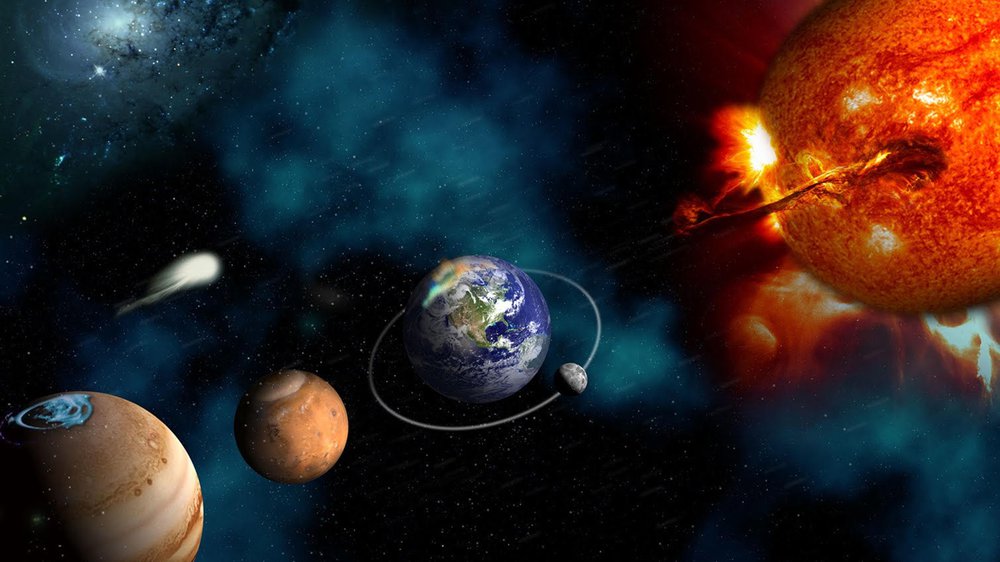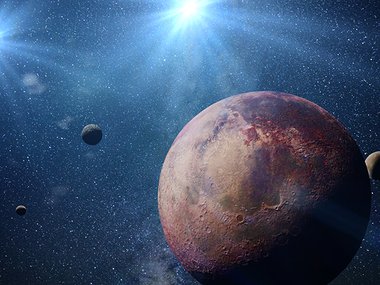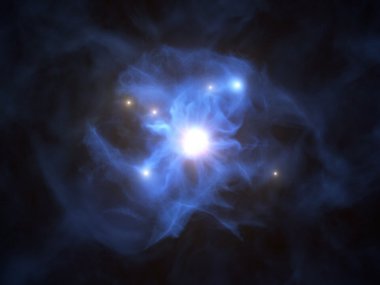Question Your World: What Is the Farthest Object in the Solar System?
It’s winter, it’s cold, and we’ve been distancing in our homes for almost a year now. So, it makes perfect sense that many people are wishing to be far far away from their day-to-day routine right about now. Well, let’s do exactly that. Just for a few moments, let’s go far far away to the farthest observed thing in our solar system, a whopping 132 times further from the sun than you are right now! What is the farthest object in the solar system?
In 2018, using the 8-meter Subaru telescope in Hawaii, astronomers first spotted a small object located well past the orbit of Neptune, the furthest planet in our solar system. It was given the catchy designation of 2018 AG37. It’s just 250 miles across, about the same distance as Richmond to Philadelphia.
Just because astronomers see a tiny object in a telescope once does not qualify it for an official confirmation. Now, after nine observations – including the use of two telescopes – this object, nicknamed FarFarOut, is officially confirmed by the International Astronomical Union's Minor Planet Center! FarFarOut now joins more than a million other objects that are officially designated and tracked by the Minor Planet Center.

Image credit: Getty Images
Sure, 132 times further from the sun than the Earth does seems like a really long distance, but don’t let your imagination stop there! There’s a lot of space in space, and we still have many more distant objects left to discover and explore here in our own solar system.
Even further away, a whopping 2,000-5,000AU from the sun, is where scientists theorize the OORT cloud could start. This is a huge sphere that engulfs the solar system and extends tens of thousands of AU, is potentially home to trillions of objects, and is thought to be the source of long-period comets, the ones that take millions and millions of years to orbit the sun. The OORT cloud still remains totally unobserved, leaving plenty of long-distance discovery work left to be done by future generations of astronomers looking to make some far far ... far out discoveries.
Alright, we know it’s not a tropical get away, but it’s still nice to occasionally think about places far far away from our daily routine!


